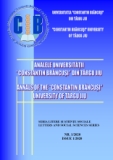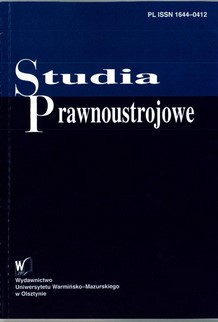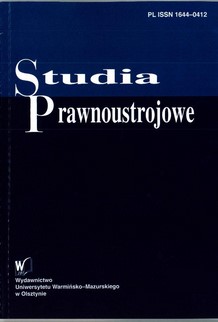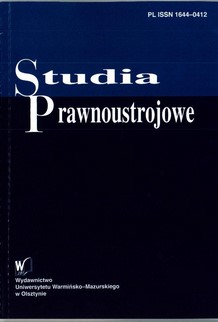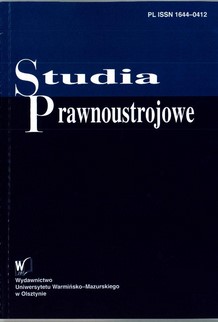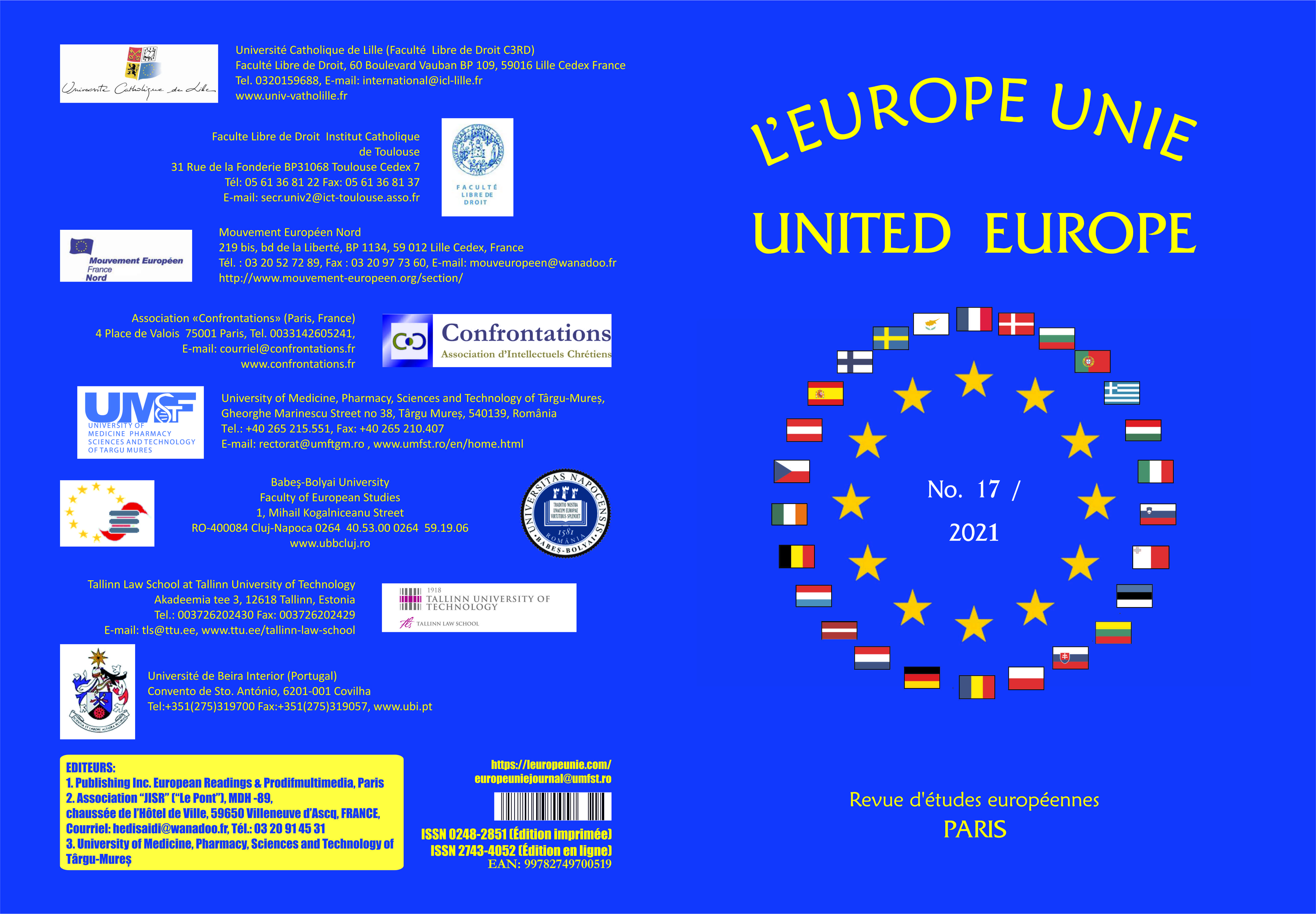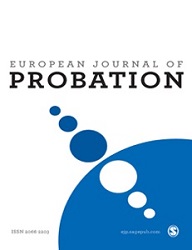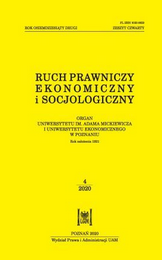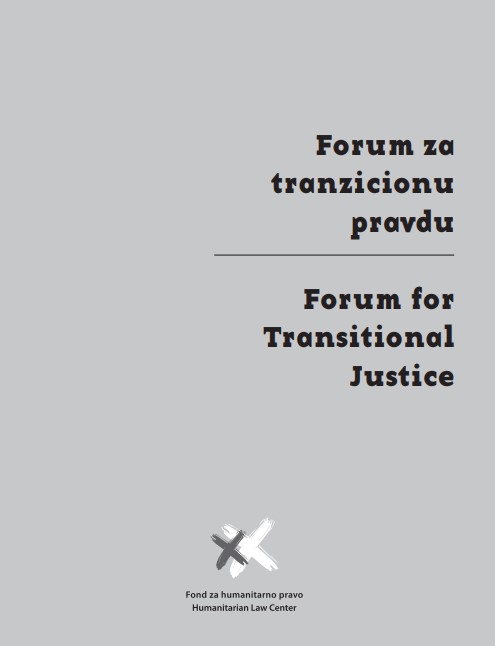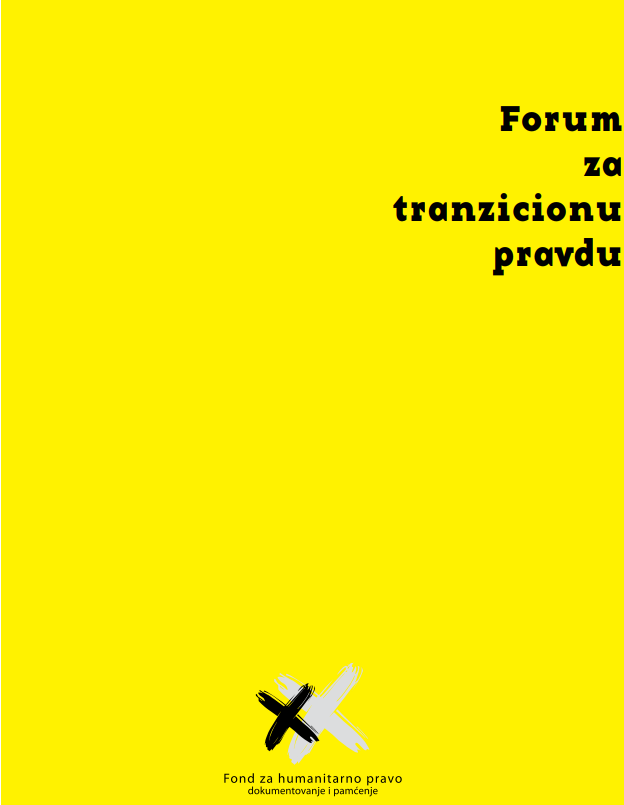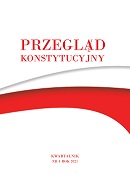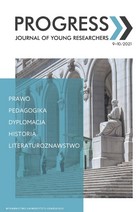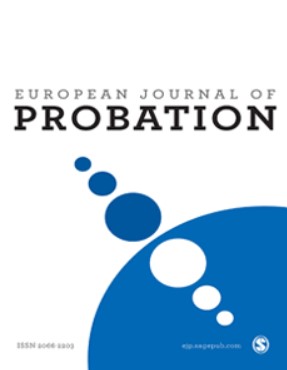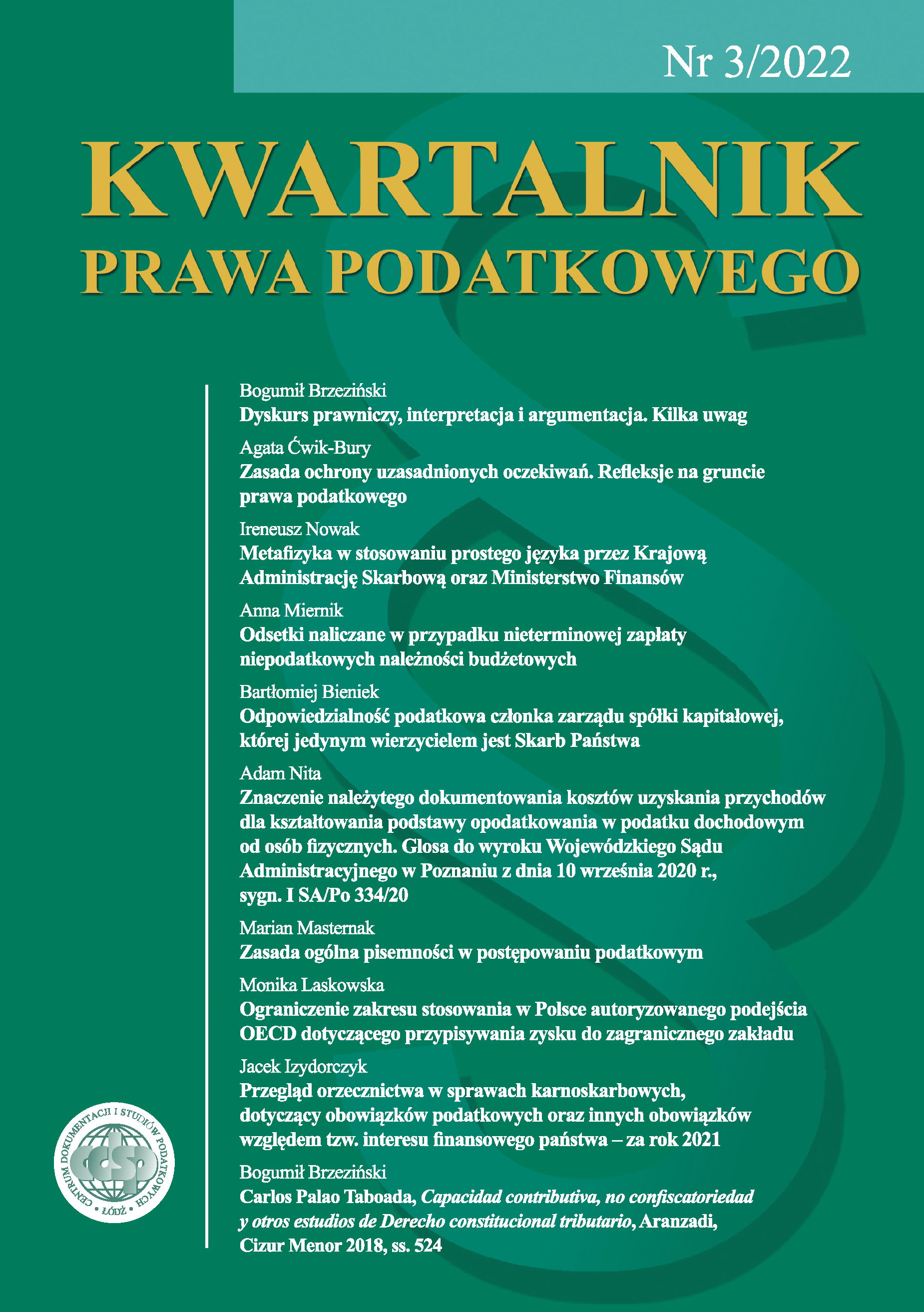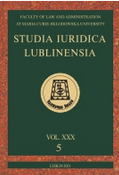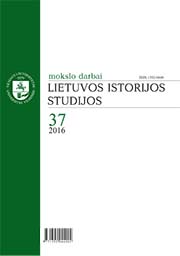
UPATRUJĄC NIEPEWNOŚĆ ŻYCIA MEGO NA TYM MIZERNYM ŚWIECIE.
Testaments of 20 persons – 6 women and 14 men – are found in the 17th century court registers from the jurisdiction of the Vilnius Castle supervisor. These historical sources complement our knowledge concerning this poorly researched community, particularly in relation to the matters of religion, material status, and social ties. Of all testators and testatrices, 12 persons belonged to the Roman Catholic Church, and five, to the Evangelical Church of the Augsburg confession. Of particular interest are the testaments of Anna and Hanus Meler, a Lutheran couple who left some money to Catholic hospitals as well. The relations among people of different confessions can also be seen in the selection of witnesses: the last will of Anna Meler was attested by the representatives of Lutheranism, Roman Catholicism, and Calvinism. The material status of testatrices and testators varied a lot. Among them, we can find people relatively well-off, including those who had servants, and poor ones, although not complete paupers. However, even those whose situation was not too difficult could not be considered rich. As such, it is obvious that the estate was not bestowed upon a large group of beneficiaries – the number of inheritors was one to five, and sometimes some additional bequests for church institutions were made. The most important thing was to provide financial security for the closest family. As a means of arranging additional security for their widows and orphans, the deceased appointed guardians who were supposed to look after the legal and economic well-being of these relatives. This function was entrusted upon dependable persons: relatives, neighbours, colleagues. The testaments of the subjects of the Vilnius Castle supervisor’s jurisdiction clearly show the complexity of the network of various relations formed by the inhabitants of this small but at the same time varied community in many respects (e.g. professionally, materially, and religiously).
More...
